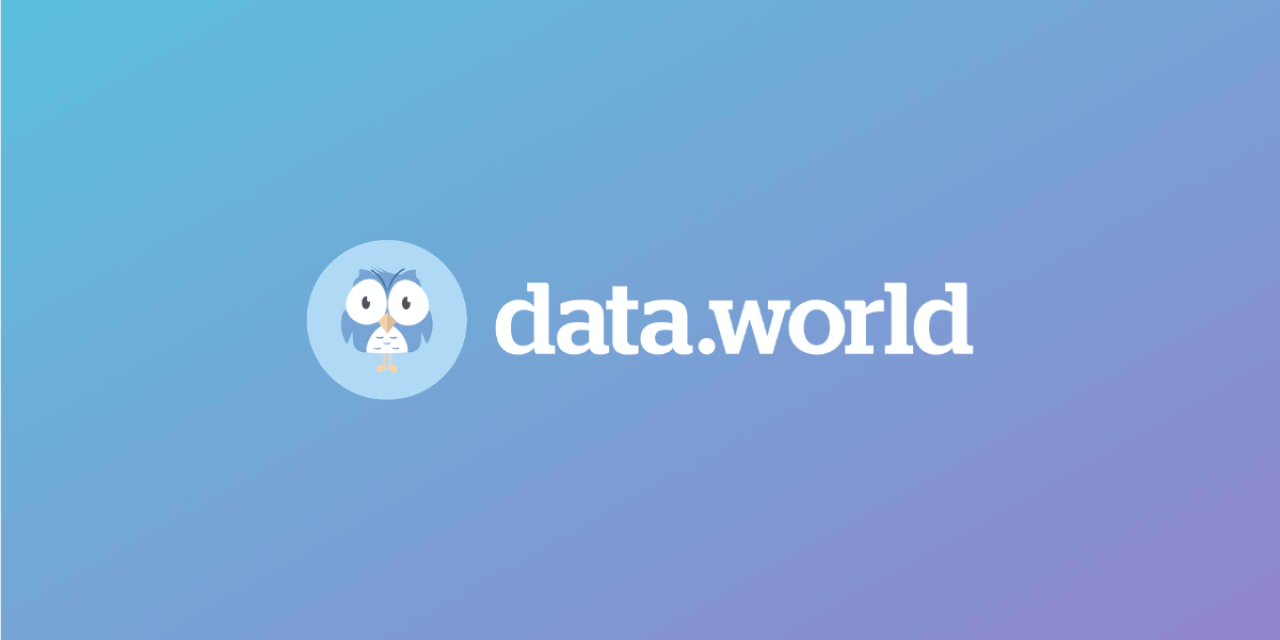







Aug 07, 2018
Ian Greenleigh

Ann Jackson popped onto my radar when several colleagues shared her blog post “Aiming for data-driven? Don’t forget the people.” It was one of those tabs you keep open after reading because you know you have to do something with it, but you’re not sure what. Here’s the part that really spoke to me:
A data-driven culture is dependent on the people. Culture is created or manifested by human behaviors and values. A data-driven culture is one where people are empowered to use data to answer questions. Curiosity, exploration, iteration, analytical reasoning, and continuous improvement are all critical. Doing this all at speed is essential.
That itch to do something became a video interview, which I’m pleased to share with you today:
I enjoyed hearing Ann share her rich experiences and lessons on everything from the challenges of cultural change management, to strategies for avoiding analysis paralysis, to fighting imposter syndrome in data work. Concepts like data-driven culture can seem nebulous, so it’s important to have leaders like her who can provide concrete advice.
On her mission…
I always say that I try to be the voice of data in all situations. Data itself is very cold. (…) I like to work very hard with people to promote this culture of analytics; it’s the best way to start comprehending this complex world.
On setting aside intuition…
That’s what we do as humans; we use our past experiences to understand the world. It shapes how we go out and do different things and approach people. So, intuition kind of needs to be put to the side. And we need to start relying on other methods.
On clouded judgment…
It’s tough because there’s a lot of opinions and egos and historical assumptions that come to the table around data. (…) I think it does start with leadership to some degree. And there has to be a willingness for vulnerability. And that’s really hard.
On the benefits of a data-literate workplace to those who are already data literate…
I think the best data scientists and data practitioners out there get a little bit jaded when they do a lot of this work. [If one’s colleagues become] more data literate and get better, then it would eliminate the need for some baseline questions asked over and over again to some of the top-tier talented data practitioners and free them up to do more exploratory things. And that can mean stuff we can’t even imagine!

Ann Jackson popped onto my radar when several colleagues shared her blog post “Aiming for data-driven? Don’t forget the people.” It was one of those tabs you keep open after reading because you know you have to do something with it, but you’re not sure what. Here’s the part that really spoke to me:
A data-driven culture is dependent on the people. Culture is created or manifested by human behaviors and values. A data-driven culture is one where people are empowered to use data to answer questions. Curiosity, exploration, iteration, analytical reasoning, and continuous improvement are all critical. Doing this all at speed is essential.
That itch to do something became a video interview, which I’m pleased to share with you today:
I enjoyed hearing Ann share her rich experiences and lessons on everything from the challenges of cultural change management, to strategies for avoiding analysis paralysis, to fighting imposter syndrome in data work. Concepts like data-driven culture can seem nebulous, so it’s important to have leaders like her who can provide concrete advice.
On her mission…
I always say that I try to be the voice of data in all situations. Data itself is very cold. (…) I like to work very hard with people to promote this culture of analytics; it’s the best way to start comprehending this complex world.
On setting aside intuition…
That’s what we do as humans; we use our past experiences to understand the world. It shapes how we go out and do different things and approach people. So, intuition kind of needs to be put to the side. And we need to start relying on other methods.
On clouded judgment…
It’s tough because there’s a lot of opinions and egos and historical assumptions that come to the table around data. (…) I think it does start with leadership to some degree. And there has to be a willingness for vulnerability. And that’s really hard.
On the benefits of a data-literate workplace to those who are already data literate…
I think the best data scientists and data practitioners out there get a little bit jaded when they do a lot of this work. [If one’s colleagues become] more data literate and get better, then it would eliminate the need for some baseline questions asked over and over again to some of the top-tier talented data practitioners and free them up to do more exploratory things. And that can mean stuff we can’t even imagine!